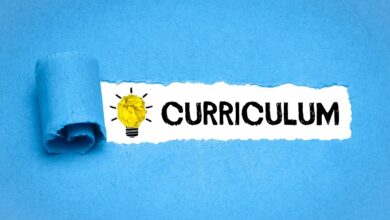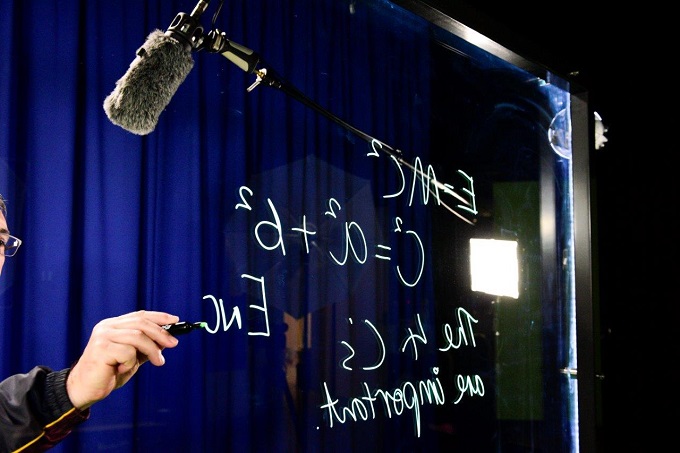Adam Voigt dissects ‘the new teacher’s job description’

Remember when the job of the Teacher was a simpler one?
Even if you’re new to this education caper, you can probably hark back to your own days as a student and recall that favourite teacher of yours at the front of the classroom.
S/he’d have been both clear of purpose and expert in craft. There are many things that have changed in education between whatever your version of the old days and the new days are, but it’s close to inarguable that the role of the teacher is amongst the most altered aspects.
For most of us, that change has manifested as exponential growth. In other words, the role got huge. Whereas once the role was simple – teach the students – social media now reflects a plethora of memes highlighting that the teacher’s role has expanded into part-time counsellor, psychologist, nurse, friend and sometimes even parent. I get it. It’s exemplified by the most common metaphor I hear when I ask any Teacher what it’s like to be a Teacher these days. They tell me it’s like being the plate-spinner at the circus.
The Big One
2.1 Content and teaching strategies of the teaching area. But also …
1.2 Understand how students learn.
3.3 Use teaching strategies.
3.6 Evaluate and improve teaching programs.
There are just so many responsibilities within the teaching role these days that it seems you’re afforded little more than a second or so on each, lest one comes crashing to the ground with disastrous consequence.
But do you mind if, for the purpose of this exercise, that we park the concept role expansion for a moment. I suggest this because it’s a distraction from what has changed, rather than what has been added to, when it comes to being a Teacher. And that change has been a fundamental one. In around 1981 the first versions of the internet became active – and at that precise moment, the role of the Teacher changed in an instant.
No longer could we be what I’ve come to call ‘knowledge sprinklers’, positioned at the front of the classroom forcing education upon a variety of both willing and unwilling recipients. Pre-1981, content was a significant driver of the way teachers worked. We had that content, in the form of a curriculum, and our role was to distribute or deliver that content to the students. Simple.
Don’t have time to absorb the whole article today? Here’s the big points
- Resist the urge to be a ‘knowledge sprinkler’.
- Be clear about not the size, but the shape of today’s Teacher’s role.
- Design educational environments that match the student conduct you seek.
- Design educational experiences that inspire.
- Reflect regularly on any gaps between your purpose and practice
As knowledge sprinklers, we metaphorically spray the students with that content and hope that some of it sticks. We fulfilled an important role as the chief or even sole source of information in our students lives. But the internet broke information by making it a quick search away from our students reach. Whereas once parents responded to their children’s annoying questions with “Ask your Teacher” they now routinely suggest that they simply “Google it”. This means that the more we make content the central feature of our work, the more irrelevant we become.
Sure, we still supply the building blocks of deep learning, thinking and understanding, but knowledge delivery can no longer be our sole mission. So what’s the new Job Description for becoming a favourite Teacher in the post-internet age? Is it possible to design a JD for ourselves that isn’t as broad and exhausting as it’s becoming? I think it is. How does this sound? Today’s Teacher’s job is “To design an educational environment and educational activities that inspire thinking and ignite curiosity”. That’s it.
In regard to environment – when was the last time you stood in the corner of your empty classroom and asked yourself “How does the architecture of this space drive the kind of student engagement, behaviour and learning that I want?” In regard to experiences – ask, “How do my defaults for lesson planning ignite curiosity and spark interest?”
Invest no shame or pride in your answers.
Just let them guide some important ‘new school teacher’ decision making.







